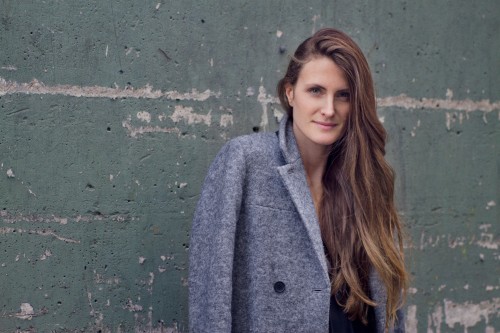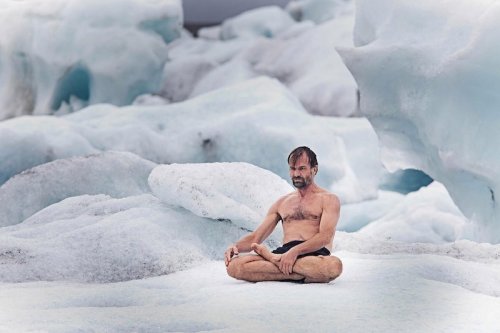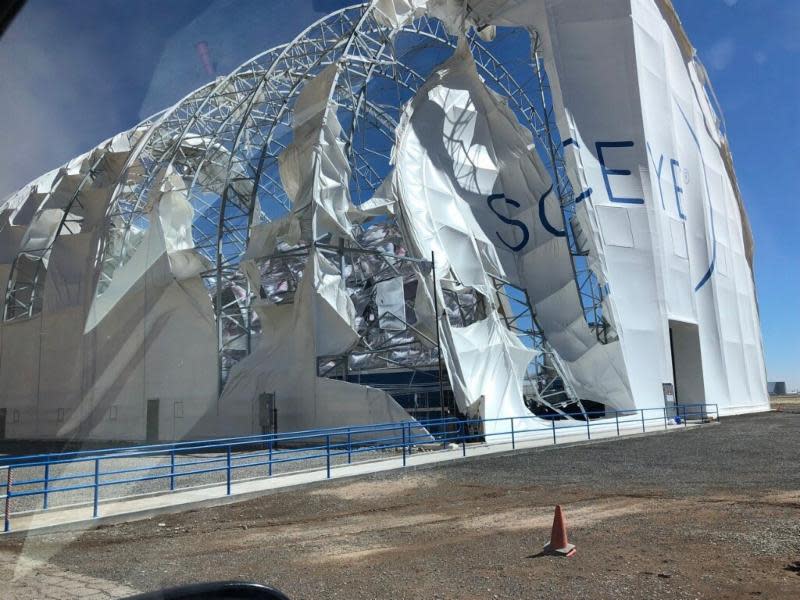Mikkel Vestergaard Frandsen has saved millions of lives by developing technology that fights--and in some cases nearly eradicates--the world’s most widespread and harmful diseases, including malaria and HIV/AIDS. He has won dozens of humanitarian, innovation, and design awards, and was made an elder by the Luhya tribe of Western Kenya (a rare honor given to foreigners who have had an immense impact on the lives of Kenyans). After keeping a low profile for the last five years, Mikkel is ready to go public with details of his ambitious new company that's sending airships to the stratosphere.

Nancy Lublin is Saving Lives with Big Data
Read Article
Ara Katz is Using Microbes to Improve Human and Planetary Health
Read Article
Special Screening of a New Documentary about Spiritual Master Ram Dass
Read Article
This CEO turned his coffee startup into Starbucks' greatest competitor
Read Article
Learn the Wim Hof Method in just 3 steps
Read Article
These entrepreneurs built New York City's trendiest yoga studio
Read Article









